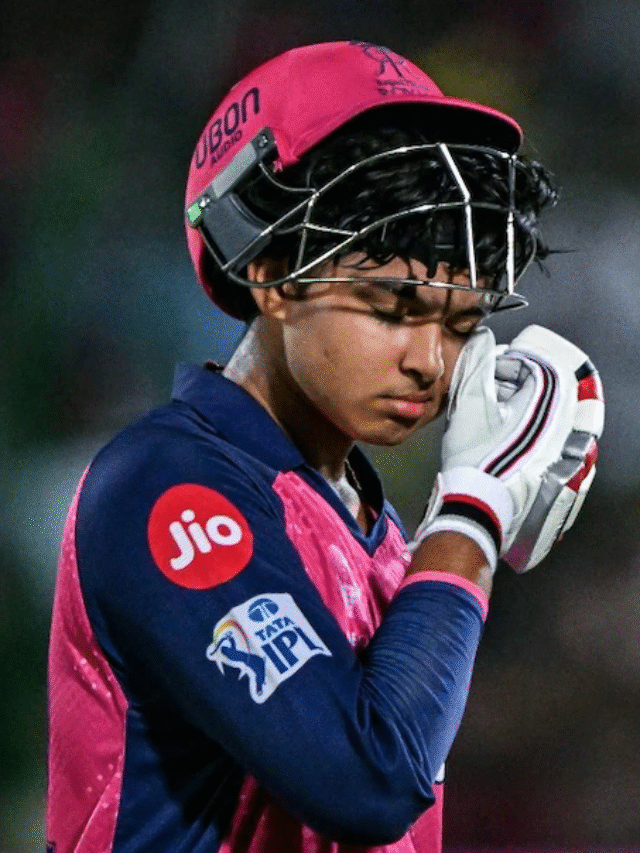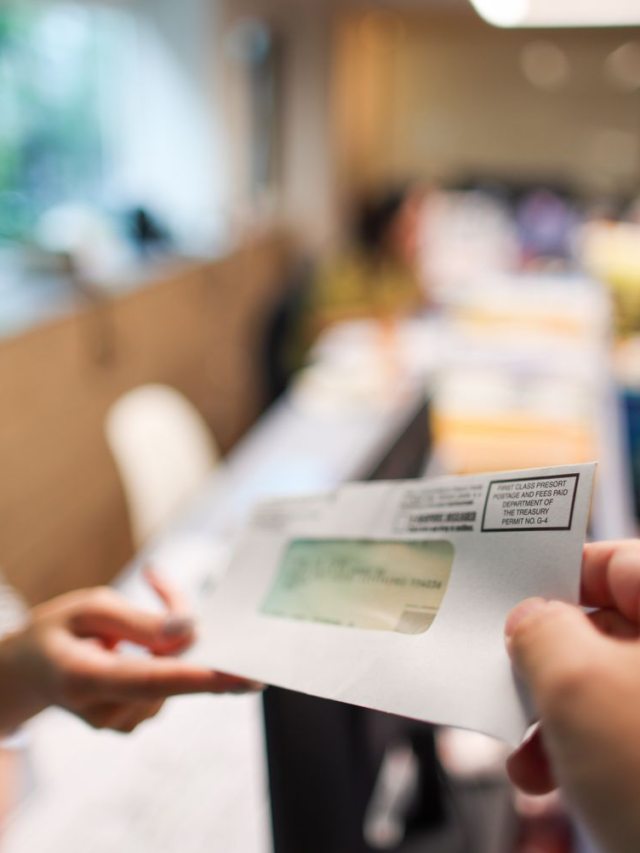A bench of Justices J B Pardiwala and R. Mahadevan called on the State to ensure that all public-facing digital platforms—such as government portals, learning systems, and fintech services—are accessible to vulnerable and marginalised populations.
The bench observed that as governance, education, healthcare and financial services become digital, equal access to such platforms is essential for a life of dignity.
“Bridging the digital divide is no longer a matter of policy discretion but has become a constitutional imperative,” Justice Mahadevan wrote, according to LiveLaw, which accessed the ruling.
The directions were issued in response to two writ petitions filed by individuals with disabilities who were unable to complete eKYC procedures due to current verification methods requiring facial recognition, head movements, or physical signatures—tasks not feasible for many with visual impairments or facial disfigurements.
One of the petitioners, acid attack survivor Pragya Prasun, requested alternative methods for completing eKYC, arguing that the requirement to upload a “live photograph”—as per RBI’s 2016 KYC Master Directions—was discriminatory.
The second petitioner, Amar Jain, who is completely blind, highlighted how processes like screen signatures and paper form uploads remain out of reach for people like him.
According to LiveLaw, the Court emphasised that these petitioners are protected under the Rights of Persons with Disabilities Act, 2016, which entitles them to “reasonable accommodation” in accessing services.
Although the detailed judgment is yet to be uploaded, the Court reportedly issued 20 specific directions to overhaul the current eKYC system to make it accessible to persons with disabilities.






